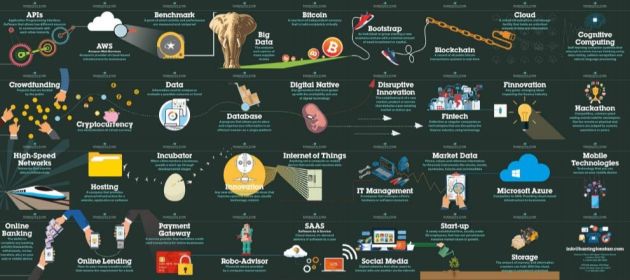According to The Register article entitled New York Attorney General probes Charter over claims it forced staff to work in offices amid coronavirus pandemic,
US telco Charter Communications is facing an investigation … over allegations … that it forced employees in New York to go into their offices for work, rather than (letting) them … (work) from home.
I was reminded of a funny incident in UK when my coworkers and I were also forced to go to our Manchester office when we could have done the job equally well from our London home office. Since remote working is the trending topic, I thought of sharing this incident with you.
Office Working or Remote Working?
This article resolves the conundrum.
tl;dr: Remote Working is fine for "personal productivity". Office Working is better for "collaborative efficiency". https://t.co/LruORyEmFD
— Ketharaman Swaminathan (@s_ketharaman) December 11, 2019
Having spent a good part of my career in sales and marketing, I appreciate the advantages of face-to-face interactions. But remote working becomes necessary sometimes. Like obviously during the current pandemic outbreak. But even on some other occasions.
I was leading my company’s multiyear IT transformation engagement for a Top 5 UK Bank. The HQ and Development teams were in London whereas the Operations team was in Manchester.
It so happened that the Manchester premises was terribly short of space. There were only three meeting rooms for a total staff strength of 3500 people. Our counterparts in Manchester told us there was no chance of securing a meeting room in their office and asked us to do all our ops-related work remotely from London via conference calls, VPN connection, and a couple of other remote working tools (yes, they existed even before coronavirus!).
With Zoom itself claiming 300M DAUs, do you really think Remote Working is in Early Adopter phase? I think it has been there for ages but was staring at chasm. Covid-19 has given the push to cross the chasm, just that it has been capitalized mostly by Zoom.
— Ketharaman Swaminathan (@s_ketharaman) April 29, 2020
Then one day, there was a serious bug in our software. The proverbial s**t hit the fan and the matter got escalated to the Head of the SBU, who was based out of the London HQ.
This gentleman, to put it mildly, was a bit skeptical about tools and technology even though he was leading a multibillion dollar business that was driven entirely by technology. He used to read his emails only after they were printed out by his Admin Assistant. Ten years later, whenever I see the line “Save trees! Do not print this email” in an email signature, I still think of this guy. So you get the picture.
When he saw us outside his office, he barked at us, asking what the heck we were doing in London when there was a fire in Manchester.
We told him about space constraints in Manchester, explained to him how we have always worked remotely from London, etc. But nothing worked. He ordered us to pack our bags and leave for Manchester immediately.
So, that’s what we did.
A team of five of us took a Virgin Pendolino from Euston and landed up in Manchester. We reached the bank’s operations center and, as expected, couldn’t find a free meeting room.
In London, the five of us would sit together but there was no chance of that happening in Manchester.
We scurried about, grabbing a desk wherever we could find one and ended up sitting far away from one another. Despite being onsite in Manchester, we dialed in to the same conference bridge that we’d have done from London. A few hours later, the problem was resolved entirely by using remote working tactics but deployed onsite.
That’s what I call Remote Onsite Working!
(In case you’re wondering, we did eventually meet the Manchester-based ops team members but it was well after the office had emptited out late in the evening).
Going by Jobs To Be Done, we need not have visited the Manchester office at all. But that was beside the point. All that mattered was we made the trip and that made the big boss happy.
When that happens, who cares about a few thousand pounds wasted on train tickets and hotel rooms, huh?
#WFH-ProTip: Like Vegas, what happens in the office stays in the office. But, unlike Vegas, what happens in WFH can be recorded and deposed as evidence against a court order. pic.twitter.com/G62oZAcVqX
— Ketharaman Swaminathan (@s_ketharaman) April 6, 2020
And, unlike the employees of Charter Communications, we never dreamt to suing anyone for forcing us to work from office!
UPDATE DATED 23 MARCH 2022:
Many industries that adopted Remote Working during the pandemic are asking their employees to get back to office. This includes banking (e.g. Goldman Sachs), technology (e.g. Google), IT services (e.g. Infosys), and so on. Many employees are peeved. Social networks are full of posts from workers whining about wasting time on commute between home and office when Work from Home has worked for two years. But the honchos of the companies are very clear that a return to offices is absolutely necessary to restore productivity to the pre-pandemic era e.g. David Solomon of Goldman Sachs and Narayana Murthy of Infosys. Going by the datapoint of one cited in the original post, the C Suite will prevail. Let’s see what happens.

